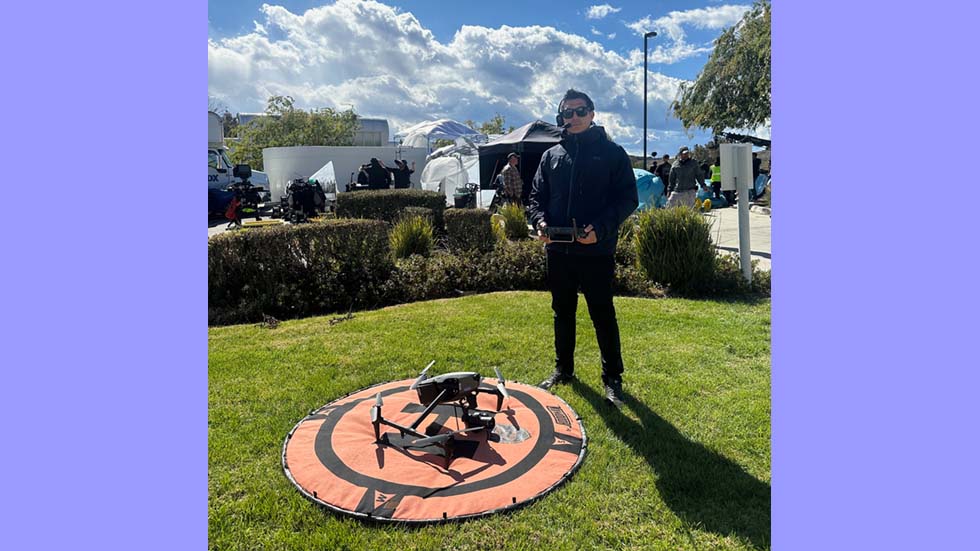LPTV processing relaxation postponed
The FCC has postponed until Jan. 15, 2001, the effective date of its relaxed definition of "minor" change for LPTV, TV translator and Class A television facility-change applications. Under the old rules (which now have been extended) LPTV and TV translator licensees could not file applications proposing any increase in coverage except in occasional filing windows. These applications were considered "major" changes and subject to auction processing if mutually exclusive with other window applications.
Under new rules, which originally were to be effective Oct. 1, only the following two classes of applications are still considered major:
- changes in frequency (not including offset); and
- changes in transmitter location where there would be no overlap with areas previously covered with a protected contour.
The FCC rule change is intended to provide flexibility to new stations and others who have not been able to upgrade under the window/major change system. Under the new procedure, applications for changes will be accepted on a first-come, first-served basis.
The relaxation date was postponed from Oct. 1 to Jan. 15, 2001, at the request of the Association of Federal Communications Consulting Engineers (AFCCE). AFCCE members wished to avoid confusion caused by the more than 4000 applications filed in the last window. Until the applications are entered into the FCC's database, engineers will be unable to prepare minor modification applications, because they are required to take into account the prior-filed applications.
Political editorial/personal attack rules repealed Calling the Commission unreasonably slow and its recent 60-day suspension of political editorial and personal attack rules a "folly," the United States Court of Appeals for the District of Columbia Circuit directed the Commission to immediately repeal the rules.
Get the TV Tech Newsletter
The professional video industry's #1 source for news, trends and product and tech information. Sign up below.
As an outgrowth of a long-standing lawsuit filed by the Radio Television News Directors Association (RTNDA), the Commission had suspended its political editorial and personal attack rules for 60 days from Oct. 4 until Dec. 3. The lawsuit was a direct result of the failure of the Commission to act on a request by RTNDA to remove both the personal attack and political editorial rules, after the courts had thrown out the Commission's Fairness Doctrine many years before.
Late last year, the D.C. Circuit Court of Appeals acknowledged that the rules "interfere with editorial judgement of professional journalists and entangle the government in day-to-day operations of the media" and "chill at least some speech ." Consequently, the court found it incumbent upon the Commission to explain why the public interest would benefit from these rules and remanded the case to the Commission in December 1999.
Despite the court's remand and an accompanying order for expedited action, the Commission had taken no action as of September of this year. As a result, with elections fast approaching on Oct. 2, RTNDA and the National Association of Broadcasters filed an emergency motion to compel agency action. The Commission finally responded to the court's remand by issuing the 60-day suspension. However, the court stated in its Oct. 11 decision repealing the rules that the Commission still failed to give any reasoning as to how the rules serve the public interest. Instead, the court stated that the 60-day suspension would only postpone a final decision by the Commission and would cause reinstatement of the rules because the Commission could not, in 60 days, analyze the information needed to evaluate the rules.
The political editorial rule required a station supporting a political candidate through an editorial to notify other candidates for that office and provide them an opportunity to respond. The personal attack rule dealt with attacks made on someone's integrity during a program raising a controversial issue of public importance. Under the rules, the station had to notify the person who was attacked and provide an opportunity to respond.
Correction: In the October column the deadline for stations in the top 25 markets to begin offering video description was incorrectly given as the second quarter of 2001. The FCC will not actually begin calculating compliance with video description rules until the second quarter of 2002.
Unless the new EEO rules are invalidated by the D.C. Circuit Court of Appeals, stations in the following states will be required to place their Annual EEO Public File Reports in their public files and on their websites on or before Feb. 1, 2000: Arkansas, Kansas, Louisiana, Mississippi, Nebraska, New Jersey, New York and Oklahoma. Biennial ownership reports will be due for the same states, also on Feb. 1.
On or before Jan. 10, 2001, Children's TV Programming Reports (FCC Form 398) for the fourth quarter of 2000 must be filed with the FCC and placed in the public file.
All commercial DTV facilities must be on the air by May 1, 2002.
All NCE-TV stations must have built out their DTV facilities by May 1, 2003.
